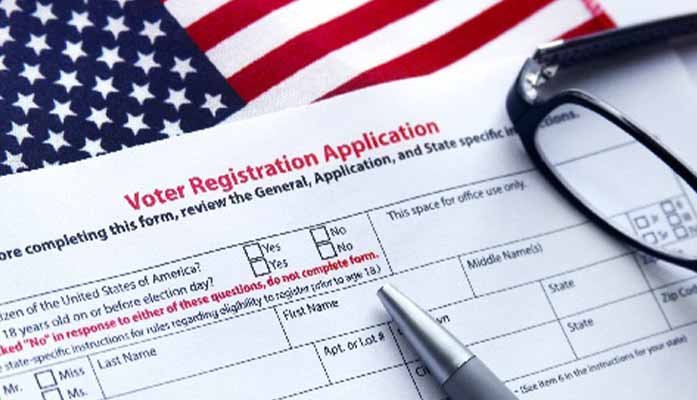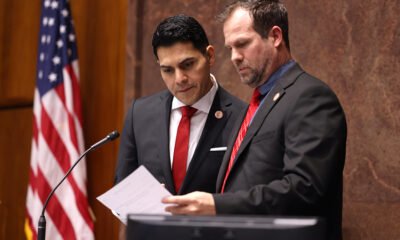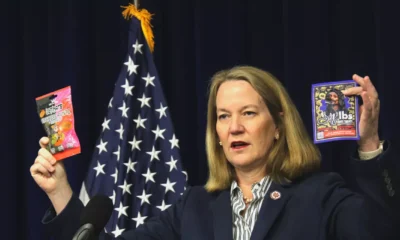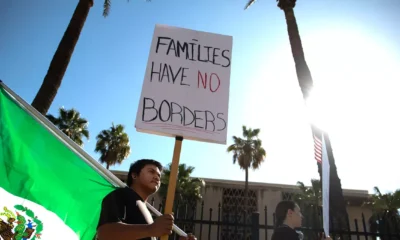Arizona Free Enterprise Club
Ninth Circuit Court Strikes Down Arizona’s Controversial Voter Citizenship Requirements

By Staff Reporter |
This week, the Ninth Circuit Court delivered a significant ruling against two Arizona laws that mandated proof of citizenship for voters: HB 2243 and HB 2492.
HB 2243, enacted in 2022 and signed by former Governor Ducey, aimed to require voters to disclose their birthplace and permitted county recorders to verify a voter’s citizenship if there were indications they might not be a U.S. citizen. Similarly, HB 2492 was established to tighten the voter registration process, ensuring that only U.S. citizens could participate in elections.
The Arizona Free Enterprise Club (AFEC) criticized the ruling, branding it as “outrageous and unprecedented.” Scot Mussi, the organization’s president, accused the Ninth Circuit of partisanship, expressing hope that the Supreme Court would intervene and overturn the decision.
“This ruling continues to sow doubt in our system of government,” Mussi remarked. He added that the ongoing legal disputes would incur additional costs to taxpayers.
Originally, HB 2492 was introduced to prevent non-U.S. citizens from registering and voting. Earlier actions by the Ninth Circuit had permitted Arizona officials to reject voter registration without proof of citizenship, contradicting the law’s intention. However, the U.S. Supreme Court intervened, reinstating the proof of citizenship requirement after that ruling was overturned.
Organizations opposing these laws, including Poder Latinx and Chicanos Por La Causa, were involved in the litigation. Yadira Sanchez, executive director of Poder Latinx, characterized HB 2492 as a means of voter suppression, alleging it disproportionately targeted naturalized citizens.
“This ruling affirms that no voter should be treated as less American based on where they were born,” Sanchez stated. She emphasized the need to combat evolving voter suppression tactics that affect communities of color and immigrants.
Joseph Garcia, vice president at Chicanos Por La Causa, framed the decision as a win for voters. He argued for increased accessibility to voting, stressing that those eligible to vote should not face arbitrary barriers.


















